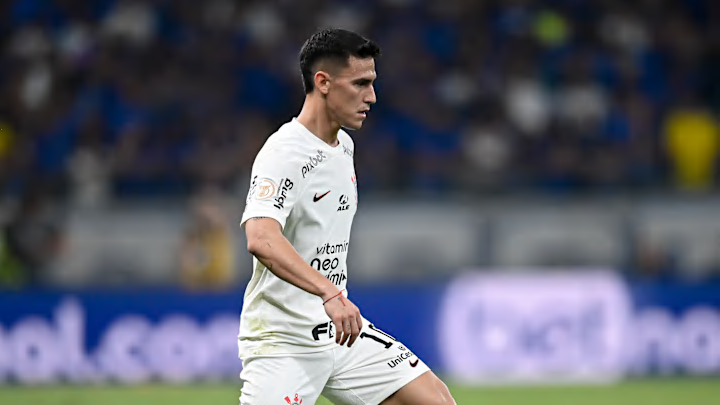Matías Rojas, linked to Corinthians, stars in a true soap opera that exposes the intricate financial and legal relationships between clubs and athletes. His involvement in a game for Inter Miami without officially terminating his contract with Timão triggered a series of events.
Rojas, a talented midfielder, arrived at Corinthians with high expectations but soon found himself embroiled in contractual disputes and financial problems. The delay in paying image rights became a thorn in the player's side, prompting him to seek FIFA intervention to resolve the issues. Despite an initial agreement that saw him return to the club, new delays led Rojas to decide on a definitive departure.
Follow MLS Multiplex on X (Twitter).
The situation becomes even more complicated with Inter Miami's interest. The American club saw Rojas as a valuable addition to their squad. However, the lack of an amicable termination between the player and Corinthians created a deadlock that could jeopardize the transfer.
Time pressure is also a crucial element in this equation. With the imminent end of the transfer window to the United States, Inter Miami has a limited time frame to register Rojas as their player.
Corinthians, facing its own financial difficulties, seems reluctant to release Rojas without an agreement that resolves their issues. On the other hand, Inter Miami is pushing for the transfer, seeking to strengthen their roster.
Rojas's situation reflects the structural weaknesses of Brazilian clubs, which often struggle to meet basic financial commitments. Delays in salary and image rights payments are not uncommon, and players like Rojas end up being the most affected.
Furthermore, the lack of clarity in contracts and the delay in resolving legal disputes highlight the need for reform in the transfer system. It is essential that players' interests are protected and that there are effective mechanisms to resolve conflicts quickly and fairly.
